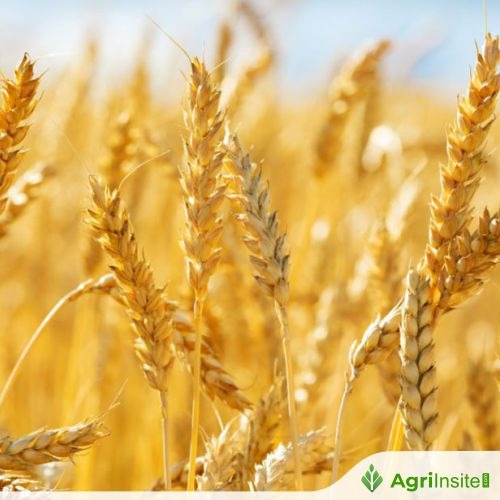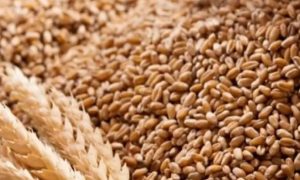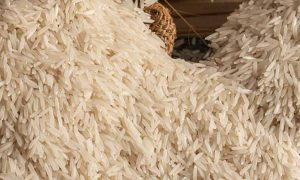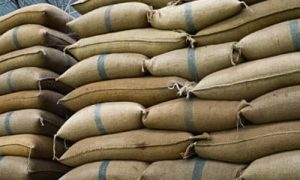Wheat sowing accelerates across Pakistan

Pakistan’s wheat sowing has accelerated, with Punjab reaching 75% of its target due to timely land availability, subsidies, and certified seed distribution. Sindh, KP, and Balochistan also show progress. Improved seed supply, pricing incentives, and monitoring of storage and flour prices aim to stabilize wheat availability and support food security ahead of 2026.
November 21, 2025 (MLN): Provinces across Pakistan have reported significant progress in wheat sowing ahead of the 2025 harvest season, with Punjab achieving 75% of its target and Sindh, Khyber Pakhtunkhwa (KP), and Balochistan also showing steady momentum.
The updates were shared during a national coordination meeting convened by Amir Mohyuddin, Secretary of the Ministry of National Food Security and Research (MNFSR), Islamabad, according to the Press Release issued yesterday.
Punjab has sown 1.25 crore acres out of a 1.65 crore-acre target, with early land availability following floods and incentives for certified seed boosting farmer participation.
Punjab Seed Corporation distributed 196,000 metric tonnes of seed, complemented by 168,000 metric tonnes from the private sector.
Subsidies ranging from Rs. 500 to Rs. 550 per bag have led to a 100% increase in certified seed usage, while the indicative National Wheat Policy price of Rs. 3,500 per 40 kg bag has encouraged sowing.
Sindh reported 533,000 hectares sown, expected to reach 85% of the target by the end of November. KP has sown 461,000 hectares out of a 781,000-hectare target, with sowing in sugarcane and rice areas expected to accelerate until mid-December.
In Balochistan, approximately 85,000 hectares of the 643,000-hectare target have been sown, primarily in tube-well irrigated and barani areas, while canal-fed regions will follow rice harvests.
Officials also discussed wheat seed movement, confirming that allocations to provinces, including 23,000 metric tonnes to Balochistan and 82,000 metric tonnes to Sindh, have been delivered smoothly.
Ongoing mapping of storage facilities was highlighted to guide future storage planning. KP raised concerns over discrepancies in wheat flour price data, and MNFSR committed to working with the Bureau of Statistics to establish a verifiable pricing mechanism.
The timely seed distribution, improved sowing progress, and supportive pricing could stabilize wheat supply, influence domestic flour prices, and impact overall food security ahead of the 2026 harvest cycle.
To Read more about Wheat News continue reading Agriinsite.com
Source : Link News















